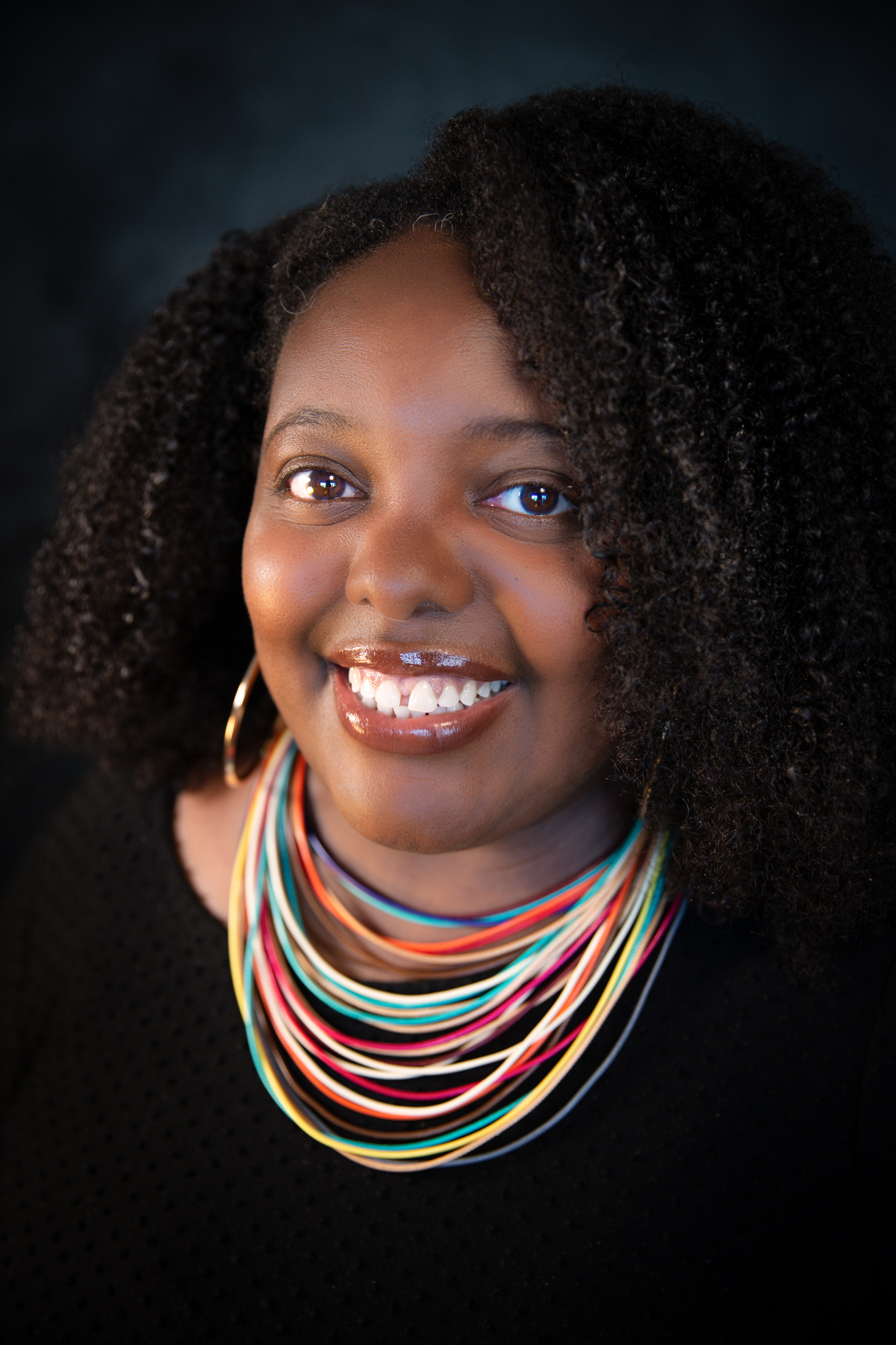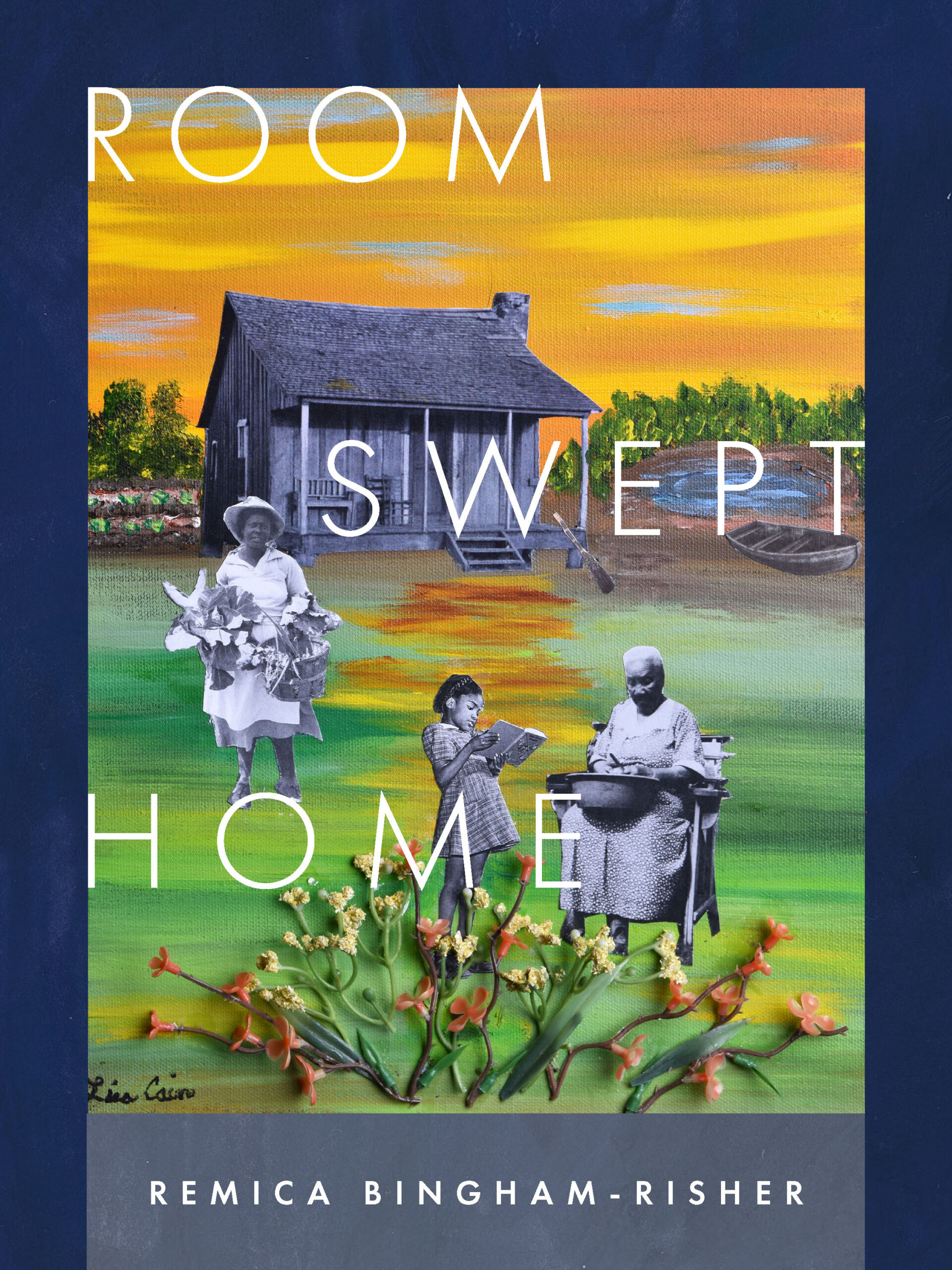a man is killed in Mobile, Alabama. It is 1981, nearest what some will call the last lynching in America. The business of our nation goes forward—a star leads and hostages are freed while Michael Donald walks from the corner store. He is 19, the youngest of six, a college boy. He will miss class the next morning and Sunday dinner; he will not bring the cigarettes to his sister. Those weeks after spiriting me into the world, my mother watches the news, looks over at my father too frequently, calls his name each time he heads to another room—delirious in her exhaustion and fear—where was he, would he disappear? And the little girl, what world was this for her to enter? Crosses burning on the county courthouse lawn, then other sons with ropes and guns, looking for anyone, find Michael Donald walking, ask him for directions, a sign for old haints. They show him the rifle and what can he do but be forced into the car, driven past this life into the next. Years later, in an unimaginable victory, his mother will bankrupt the KKK, demanding they pay for her loss and others, while my mother, like so many, carries me daily to school around the corner, insists on watching until I am beyond the large blue doors. Mothers are God again, and they will not go quietly; they know everything born will need to be fed, even children hung from low branches in their jean jackets and muddy tennis shoes, carried out of the wood into the light of everyone’s suffering.





